
Pharmaceutical Care: Adherence Assessment and Medicines Related Problems (Part 2)
Pharmaceutical care, focused on medication adherence and addressing medicine-related problems, is crucial for improving patient outcomes.
Stay informed with the latest trends, tips, and insights in healthcare careers and locum work.

Pharmaceutical care, focused on medication adherence and addressing medicine-related problems, is crucial for improving patient outcomes.

Clinical trials in developing nations and Covid 19 pandemic.

a) Bromhexine hydrochloride is a TMPRSS2 protease blocker that is thought to preclude the penetration of SARS-CoV-2 into cells; b) prophylactic treatment with bromhexine hydrochloride reduces the rate of clinical infection among medical workers who manage patients with COVID-19

The pharmacy profession needs to evolve towards greater sustainability, encompassing environmental, economic, and social aspects.

Pharmaceutical care is a patient-focused, outcome-oriented practice where pharmacists work with patients and a healthcare team to optimize medication use, promote health, prevent disease, and improve patient well-being.
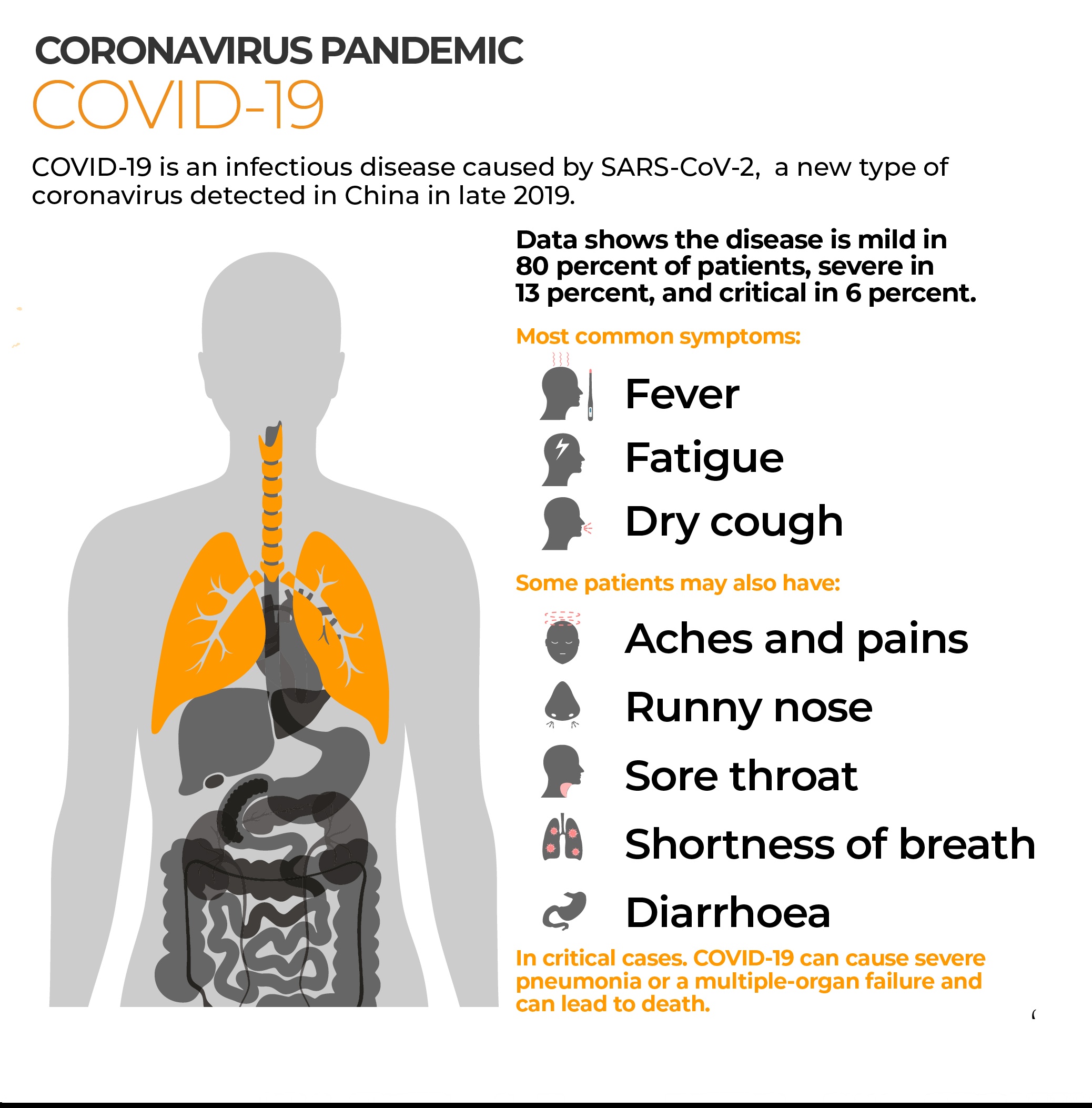
COVID-19 is an infectious disease caused by the SARS-CoV-2 virus. It spreads through respiratory droplets. Symptoms include fever, cough, shortness of breath, runny or stuffy nose, body aches and more.
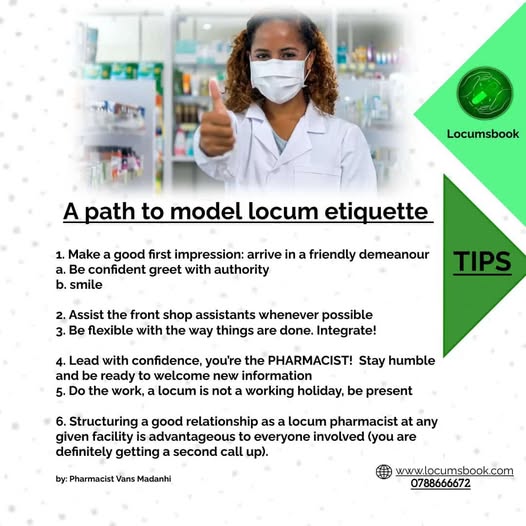
Modeling etiquette is an important step for success in any industry, encompassing professionalism, communication, and self-care. Few aspects will be highlighted here.
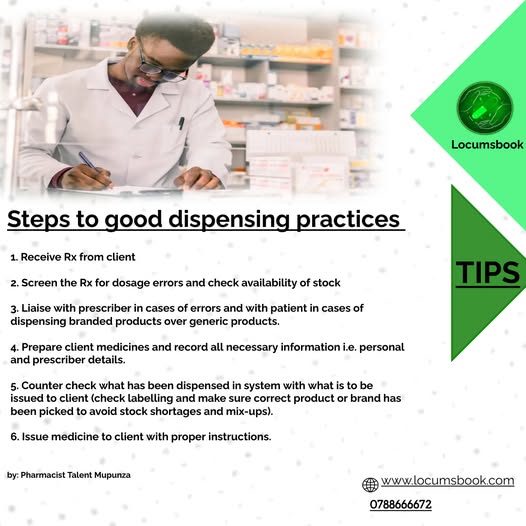
Good dispensing practice ensures patients receive the right medication, in the right dosage and with right instructions, promoting safe and effective treatment.
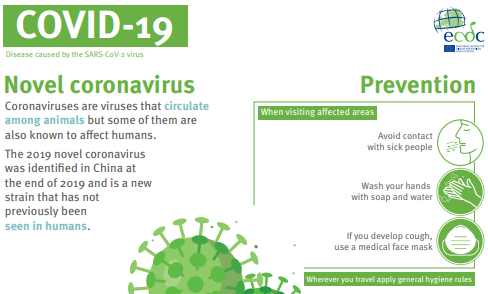
The COVID-19 pandemic (also known as the coronavirus pandemic and COVID pandemic), was caused by severe acute respiratory syndrome coronavirus 2 (SARS-CoV-2) and it spread rapidly over several countries and continents resulting in millions of cases.
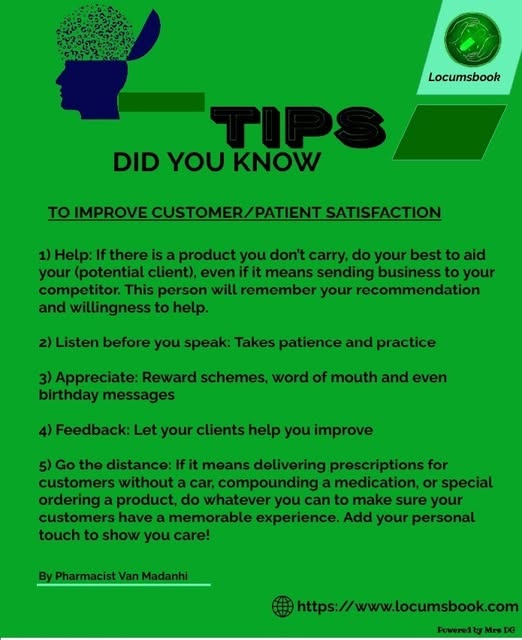
To improve customer or patient satisfaction, focus on clear communication, personalized service, and efficient processes.
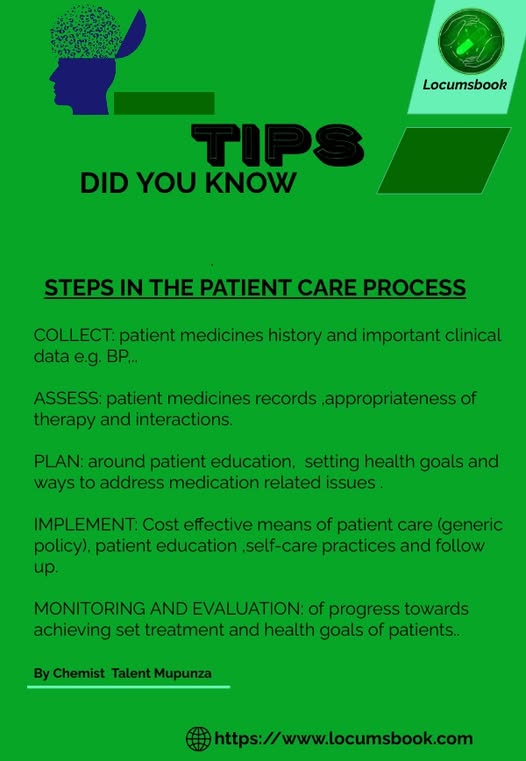
The patient care process is a systematic approach to providing healthcare. It is a continuous cycle that aims to optimize patient health and well-being

This model, introduced by the WHO and adopted by FIP, outlines seven key roles for pharmacists namely: caregiver, decision-maker, communicator, manager, life-long learner, teacher, leader and most recently a researcher.





Get the latest healthcare insights delivered to your inbox.
We respect your privacy. Unsubscribe at any time.